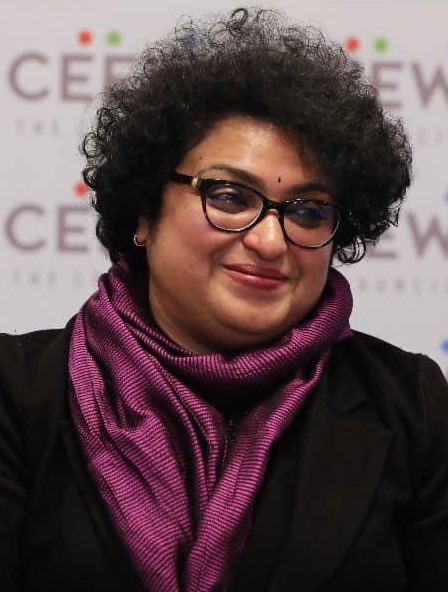Contributors
More »- 1
- 2
- 3
- 4
- 5
- 6
- 7
- 8
- 9
- 10
- 11
- 12
- 13
- 14
- 15
- 16
- 17
- 18
- 19
- 20
- 21
- 22
- 23
- 24
- 25
- 26
- 27
- 28
- 29
- 30
- 31
- 32
- 33
- 34
- 35
- 36
- 37
- 38
- 39
- 40
- 41
- 42
- 43
- 44
- 45
- 46
- 47
- 48
- 49
- 50
- 51
- 52
- 53
- 54
- 55
- 56

Economists often trace back the institutional linkages between fiscal and monetary authorities to ‘Unpleasant Monetary Arithmetic’ (UMA) of Thomas J Sargent and Neil Wallace. This UMA regime deals with the question of who “dominates” and who gets the “first-mover advantage” in policy decisions to finance the fiscal deficits. The …
(Coauthored with Lekha Chakraborty and MD Azharuddin Khan)
Karnataka is the first state in the country to have introduced a fiscal rules framework, even before the central government had enacted the Fiscal Responsibility and Budget Management (FRBM) Act, 2003. The Karnataka Fiscal Responsibility Act (KFRA) was …
India needs a ‘care economy’ policy
21/08/2019

The ‘care economy’ is statistically invisible. No effective macro policy coherence is there to ensure and support care economy in India. More often, women as primary caregivers leave the job market to perform the responsibilities, at the peak of their career. This, in turn, can affect economic growth of …
Balancing uncompensated positive externalities and developmental needs of Himalayan States
31/07/2019
Ten of the eleven Himalayan and north eastern states came together at a conclave in hill town of Uttarakhand with twin demands from the government of India viz., a separate ministry to deal with problems endemic to them and a ‘green bonus’ in recognition of their contribution to environmental …

While pragmatic, its fiscal marksmanship is a pressing concern.
Policy uncertainty can cause a severe drag on economic growth. The maiden budget by finance minister Nirmala Sitharaman was a judicious narrative of how to lessen the policy uncertainties. She has not deviated from the …
